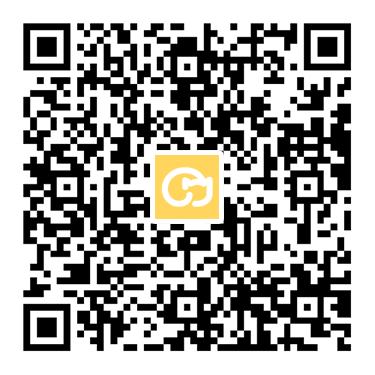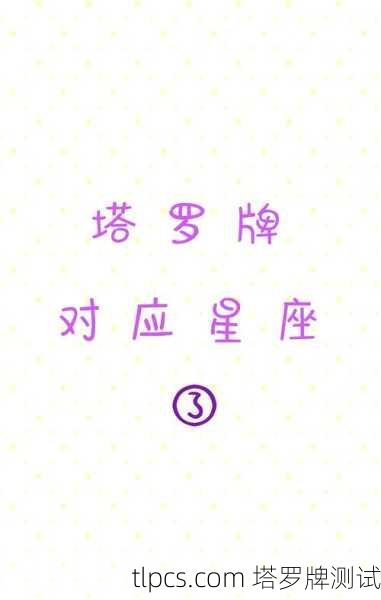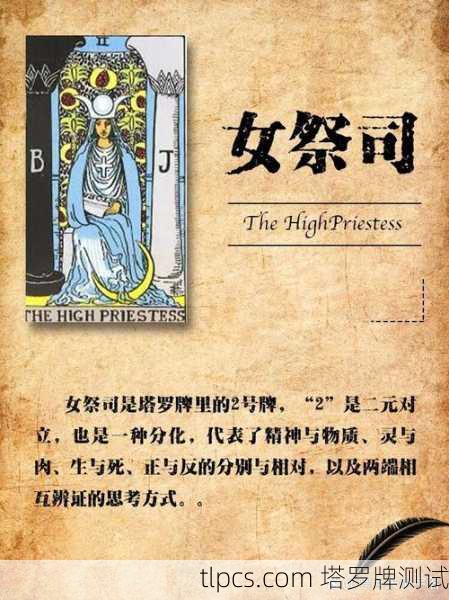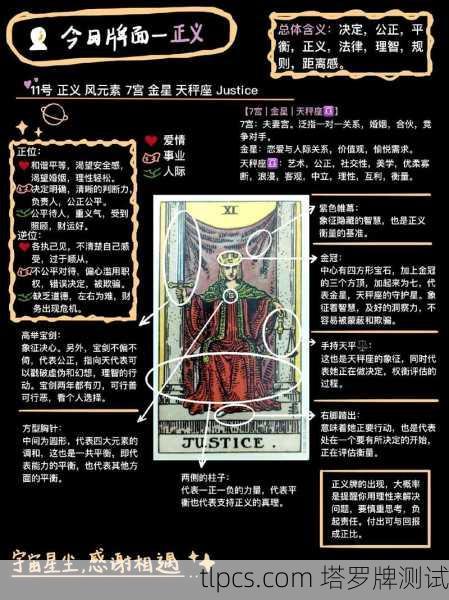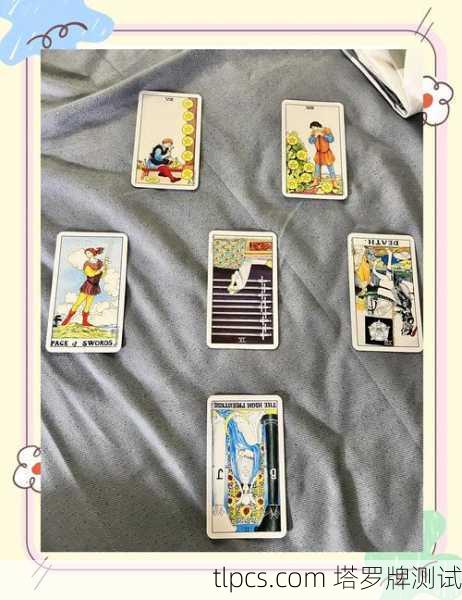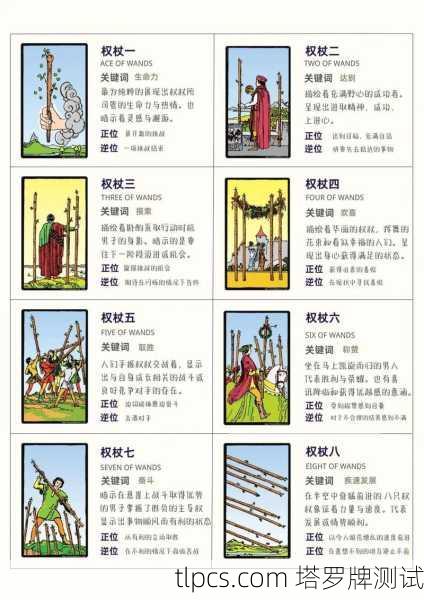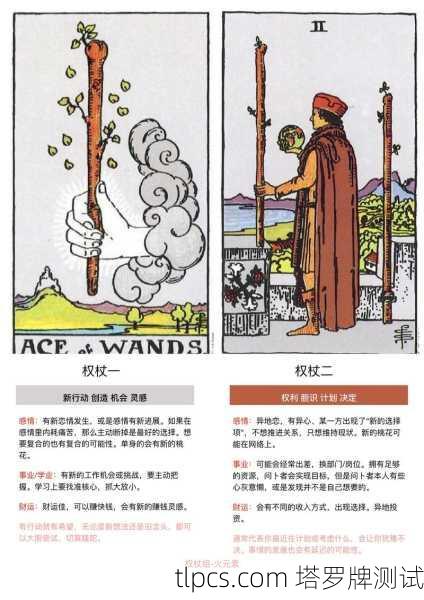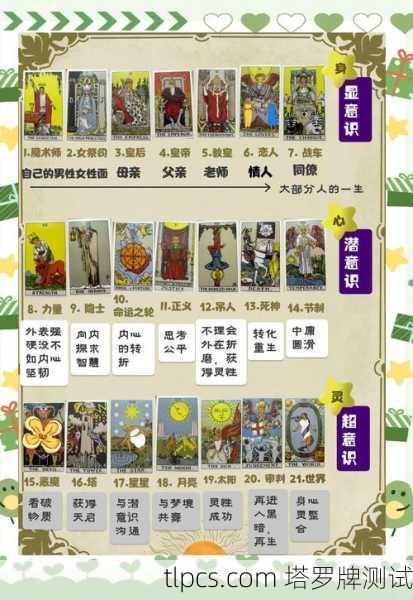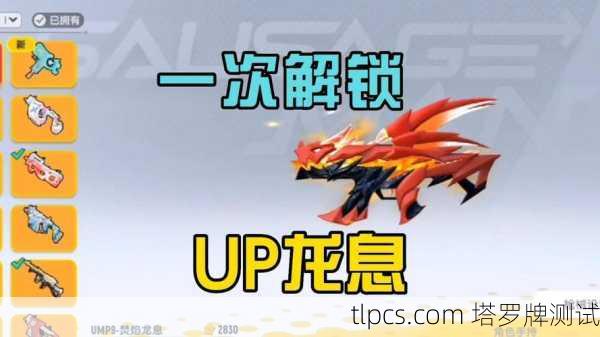** ,《Unlocking the Secrets of Tarot Cards: A Beginner's Guide to Reading and Understanding Them》是一本为新手设计的塔罗牌入门指南,书中详细介绍了塔罗牌的基本结构,包括大阿卡纳和小阿卡纳的区别,以及每张牌的象征意义,作者通过清晰的解释和实用的技巧,帮助读者掌握洗牌、抽牌和解读牌阵的方法,同时强调直觉在解读中的重要性,书中还提供了常见牌阵的示例和练习建议,使初学者能够逐步建立信心并深化对塔罗的理解,无论是用于自我反思还是为他人占卜,本书都旨在帮助读者揭开塔罗牌的神秘面纱,并将其作为个人成长和洞察生活的工具。
Introduction: What Are Tarot Cards?
Tarot cards are a powerful tool for self-reflection, guidance, and even predicting possible future outcomes. A standard tarot deck consists of 78 cards, divided into two main groups: the Major Arcana (22 cards representing life’s big themes) and the Minor Arcana (56 cards covering everyday situations).
People use tarot for personal growth, decision-making, and spiritual insight. Whether you're a skeptic or a believer, tarot can offer a fresh perspective on life’s challenges.
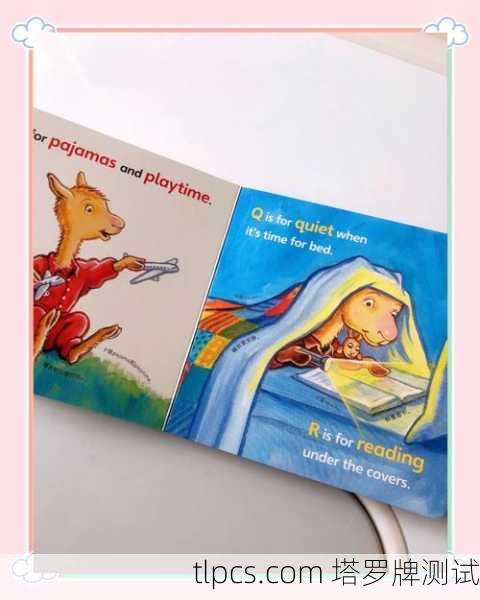
How Tarot Readings Work
A tarot reading isn’t about "fortune-telling" in the traditional sense. Instead, it’s a way to tap into your subconscious mind and explore different possibilities. Here’s how it works:
- Shuffling & Drawing Cards – The reader (or you) shuffles the deck while focusing on a question or situation. Then, cards are drawn in a specific spread (layout).
- Interpreting the Cards – Each card has its own meaning, but its message changes based on its position in the spread and the surrounding cards.
- Reflecting on the Message – The reading provides insights, warnings, or advice—not fixed predictions.
Example of a Simple Tarot Spread: The 3-Card Spread
This is one of the easiest spreads for beginners:
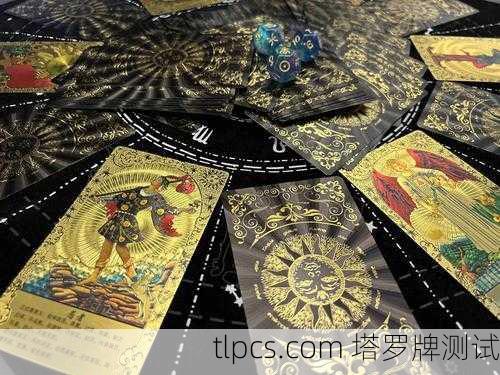
- Card 1 (Past): Represents past influences on the situation.
- Card 2 (Present): Shows the current energy.
- Card 3 (Future): Indicates possible outcomes if things stay the same.
Example Reading:
Question: "Will I find love soon?"
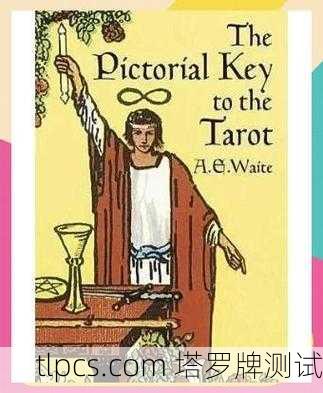
- Past (Five of Cups): You’ve been dwelling on past heartbreaks.
- Present (The Lovers): You’re at a crossroads—ready for a meaningful connection.
- Future (Ten of Cups): Emotional fulfillment is possible if you stay open.
Interpretation: The reading suggests you’ve been holding onto past pain, but love is within reach if you let go and embrace new opportunities.
Common Tarot Cards & Their Meanings
Here are a few key cards and their general meanings:
Major Arcana Cards
- The Fool (0): New beginnings, taking a leap of faith.
- The Magician (I): Manifestation, using your skills wisely.
- The High Priestess (II): Intuition, hidden knowledge.
- The Tower (XVI): Sudden change, upheaval (often shocking but necessary).
- The Star (XVII): Hope, healing, inspiration.
Minor Arcana Cards
- Ace of Cups: New emotional beginnings, love.
- Three of Swords: Heartbreak, betrayal, pain.
- Eight of Pentacles: Hard work, mastery, dedication.
- Knight of Wands: Adventure, passion, impulsiveness.
How to Do a Tarot Reading for Yourself
- Set Your Intention – Focus on a clear question (avoid yes/no questions).
- Shuffle & Draw – Let your intuition guide you.
- Analyze the Cards – Look at symbols, emotions, and how they relate to your question.
- Trust Your Gut – Sometimes, the first thought that comes to mind is the most accurate.
Example Self-Reading: Career Guidance
Question: "What should I focus on in my career right now?"
- Card 1 (Current Situation – Seven of Pentacles): You’re waiting for results after hard work.
- Card 2 (Advice – The Chariot): Stay disciplined and keep moving forward.
- Card 3 (Outcome – Nine of Pentacles): Success and independence are possible.
Takeaway: You’re in a phase of patience, but persistence will lead to rewards.
Debunking Tarot Myths
- Myth 1: "Tarot predicts the future."
- Truth: Tarot shows possibilities, not certainties. Your choices shape outcomes.
- Myth 2: "Only psychics can read tarot."
- Truth: Anyone can learn tarot—it’s about intuition and practice.
- Myth 3: "Bad cards mean doom."
- Truth: Even "negative" cards (like Death or The Tower) signal transformation, not just disaster.
Final Thoughts: Should You Try Tarot?
Tarot is a mirror of the mind—it helps you see what you already know deep down. Whether you use it for fun, guidance, or spiritual growth, the key is open-mindedness.
If you're curious, grab a deck, start with simple spreads, and see what messages come through. You might be surprised by the wisdom you find!
Would you try a tarot reading? Let me know your thoughts in the comments!

